Graham Reid | | 3 min read
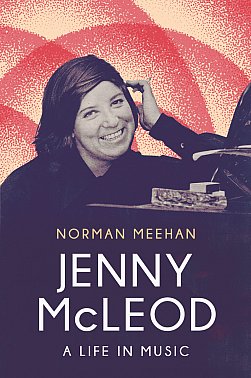
In 1971 when Jenny McLeod was appointed head of the Music School at Victoria University in Wellington she was just 28.
She took over from Frederick Page after the obvious successor Douglas Lilburn – whom McLeod respected and admired to the point of a lover's infatuation – had quit, withdrawn to the electronic studio and said he didn't intend to apply for the position.
McLeod “just for the hell of it” put her name forward and “never dreamed I would get it”.
She became New Zealand's youngest ever university professor.
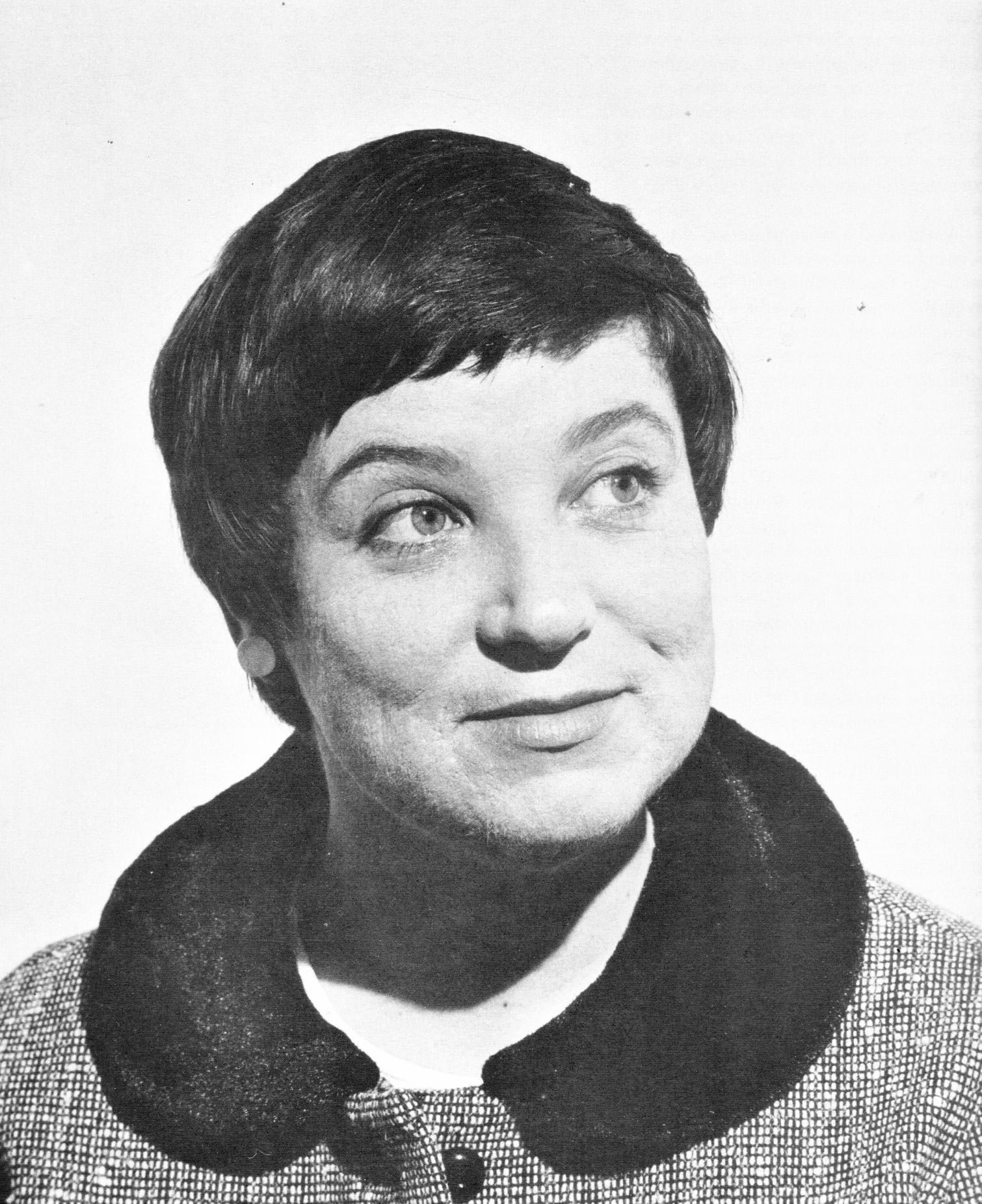 McLeod was a progressive thinker and had already made changes to courses and the ethos of the department – not always well-received.
McLeod was a progressive thinker and had already made changes to courses and the ethos of the department – not always well-received.
But just six years later, an incredibly short time in universities where staff settle in for decades, she left.
The courses largely reverted to type – her period sometimes dismissed as an interregnum – but McLeod was once again off on her own journey: into the Divine Light Mission of Guru Mahara Ji.
The remarkable life and opinions of Jenny McLeod – composer, performer, outlier and innovator – are recounted in often revealing detail in Norman Meehan's generous, detailed and pleasingly straightforward account.
McLeod's was a life full of intellectual curiosity, daring and digressions which took her from a home in Timaru – where there was little music but she was gifted and assimilated from any source available – to studying in Paris with Messiaen (whose spoken French she barely understood) in her early 20s.
For two years she travelling around Europe as a kind of cultural backpacker, inhaling music wherever she could from the likes of Boulez and Stockhausen.
And her life as a musician was only just starting: soon enough she would explore Māori music and chants, create acclaimed theatrical stage productions and be made a professor.
Then she would discover marijuana and LSD, be smitten by rock music and electric guitars because this was a musical form which had a collective spirit, introduce a course on Indian music . . .
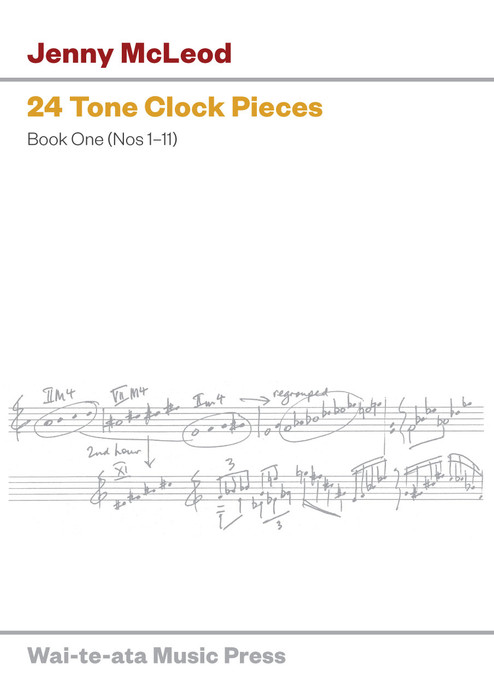 For this fascinating account Norman Meehan – a musician himself, author of a Mike Nock biography – had some considerable advantages: not the least McLeod in interviews who is candid and astute about her peers, life and beliefs (she tired of Divine Light after almost a decade, much as she had the university constraints).
For this fascinating account Norman Meehan – a musician himself, author of a Mike Nock biography – had some considerable advantages: not the least McLeod in interviews who is candid and astute about her peers, life and beliefs (she tired of Divine Light after almost a decade, much as she had the university constraints).
And hers was such a visible career – the productions Earth and Sky, Under the Sun, her film soundtracks (The Silent One) as well challenging work like the more recent Tone Clock with Diedre Irons and Michael Houstoun, and her opera Hōhepa– all attracted media interest, comment, reviews and interviews.
From this wealth of information Meehan – and McLeod – offer an honest portrayal of a person and composer whose passions could be all-consuming and obsessive whether they be for contemporary art music, Maori stories, Jimi Hendrix, spiritual searching and a belief that music could be a communal and participatory art form.
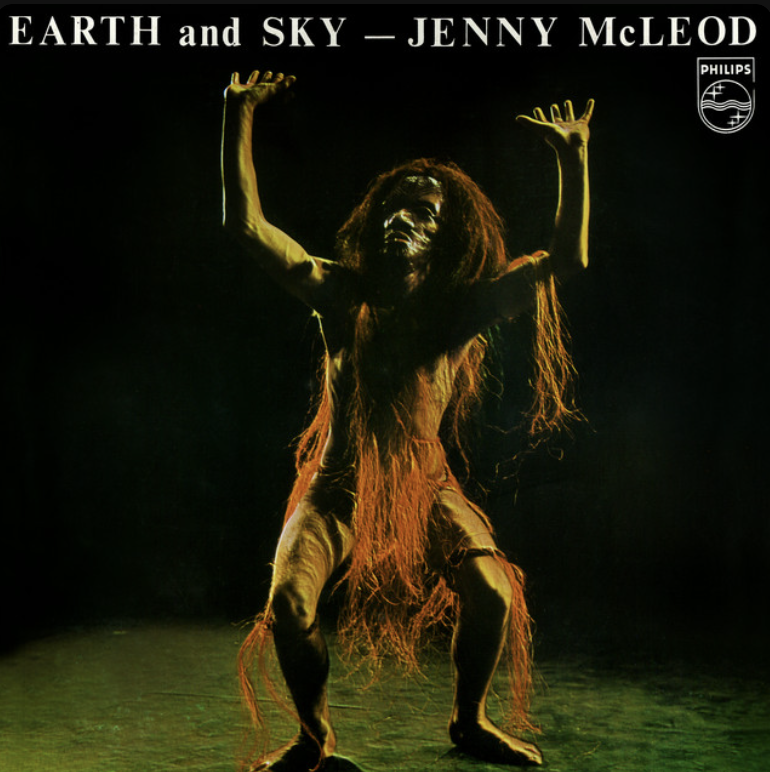 McLeod's life sometimes paralleled the interests of her generation: that new and difficult music coming out of Europe in the Fifties and Sixties; university life which was so informal that she could hold her lectures in the pub and would attend students' parties (try that these days); the search for meaning through Eastern philosophies and consciousness-changing drugs in the Seventies; the development of a common ground between Māori and Pākehā music . . .
McLeod's life sometimes paralleled the interests of her generation: that new and difficult music coming out of Europe in the Fifties and Sixties; university life which was so informal that she could hold her lectures in the pub and would attend students' parties (try that these days); the search for meaning through Eastern philosophies and consciousness-changing drugs in the Seventies; the development of a common ground between Māori and Pākehā music . . .
And that was only in the first third of her career.
Plain-spoken but insightful about her own shortcomings as a person, composer, lover and friend, Jenny McLeod ONZM– who died in November last year at age 81 – emerges from these pages as a singular figure in New Zealand culture.
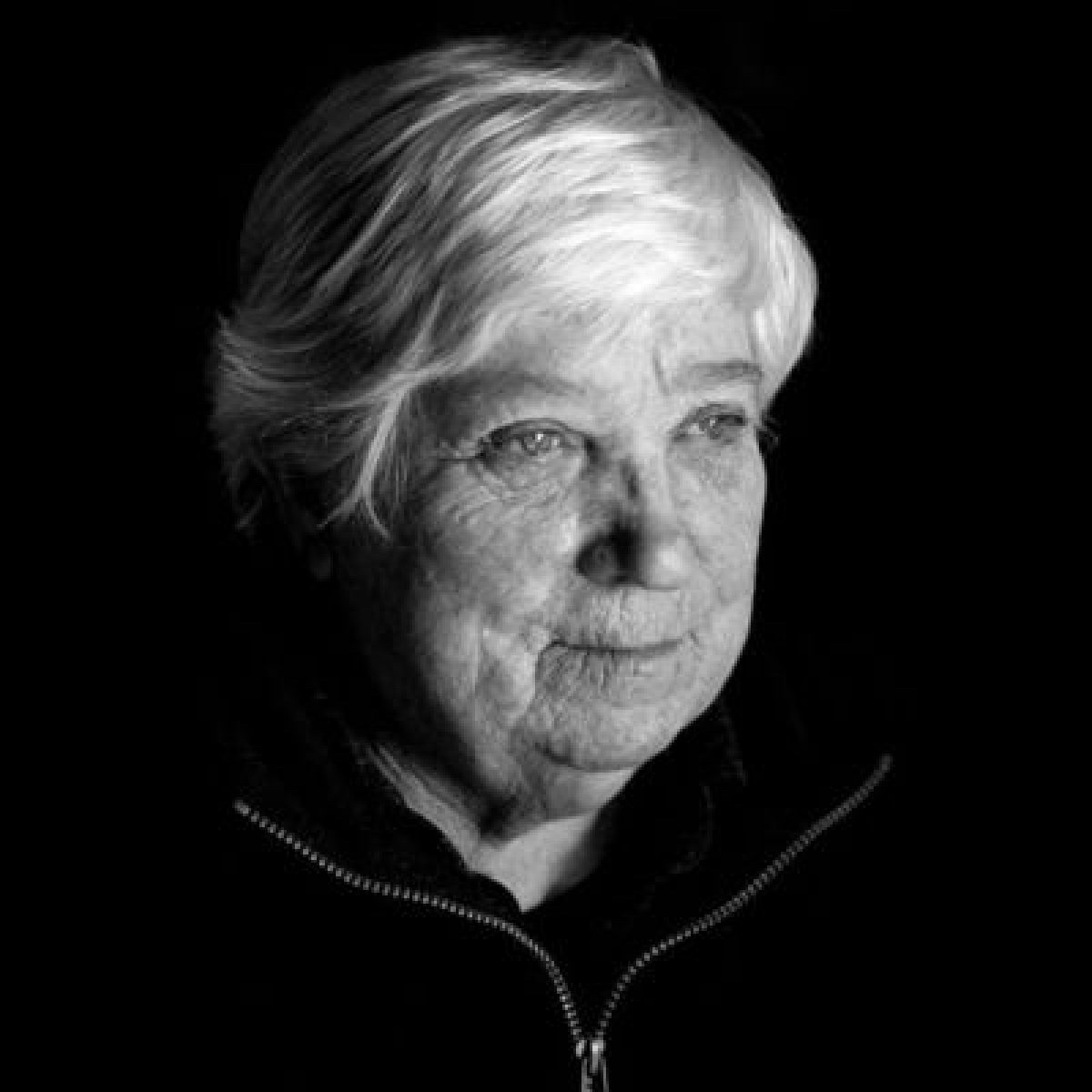 And one who must have been intellectually challenging, astute and a helluva lot of fun to be around . . . sometimes.
And one who must have been intellectually challenging, astute and a helluva lot of fun to be around . . . sometimes.
.
JENNY McLEOD; A LIFE IN MUSIC by NORMAN MEEHAN (Te Herenga Waka University Press/VUW) $50
.
.
There is disappointingly little music by Jenny McLeod available at Spotify, only her more recent work here

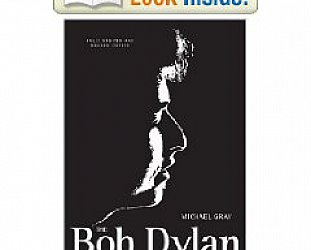
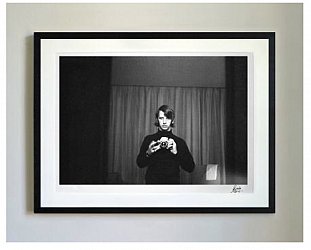

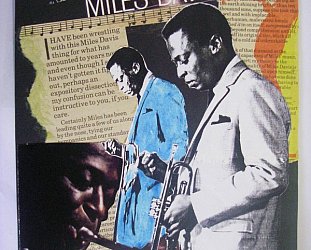
post a comment